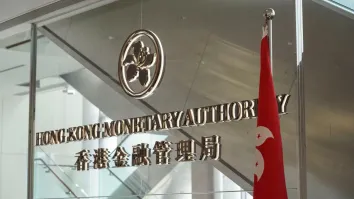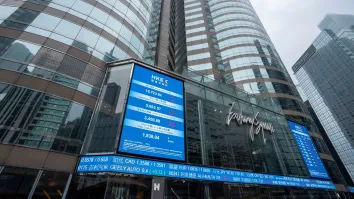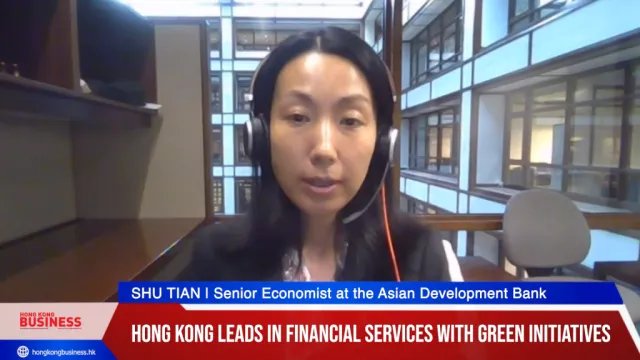
Hong Kong's GDP growth picked up to 3.1% in 4Q16
It's been going up for three quarters in a row.
The Hong Kong economy ended on a strong note in Q416, with real GDP expanding by 3.1% y-o-y (versus 2.0% y-o-y in Q316), bringing full-year 2016 growth to 1.9%, according to BMI Research. The firm maintains its 2017 real GDP growth forecast of 1.7% as this pick-up is unsustainable as the external environment remains uncertain while domestic demand faces downside risks from an expensive housing market.
The impact from the one-off measures announced during the FY2017/18 budget are unlikely to have a significant impact on growth.
Hong Kong's real GDP growth picked up for the third straight quarter to 3.1% y-o-y in Q416, bringing growth for 2016 to 1.9% (above forecast of 1.2%), which was a slowdown from the 2.4% rate printed in 2015, according to preliminary figures from the Census and Statistics Department.
Here's more from BMI Research:
We are maintaining our 2017 real GDP growth forecast of 1.7%, which is below the government's forecast range of 2.0-3.0%, despite the growth improvement. In our view, the mainland economy's continued slowdown and a decline in the housing market will weigh on the territory's economic performance.
The expenditure breakdown of the GDP release showed that trade-dependent Hong Kong benefitted significantly from the stabilisation in regional trade and the cyclical recovery in China's economic activity, with exports and imports expanding by 4.5% y-o-y and 5.0% y-o-y, respectively, in Q416.
However, given that the Chinese economy is still facing structural headwinds, and that the majority of the territory's trade is either bound for or originating from the mainland, Hong Kong's trade prospects are likely to be subdued over the coming months.
For example, we expect the pace of expansion in China's manufacturing sector to moderate as domestic demand declines due to factors such as a cooling property market and slowing car sales. This will be compounded by an increasingly uncertain external environment stemming from possible protectionist policies from the US and potential political changes stemming from various elections in Europe, which could weigh on export orders.
In addition, the mainland economy's shaky economic fundamentals will likely result in a weakening Chinese yuan against the Hong Kong dollar over the coming months.
The stronger Hong Kong dollar will therefore weigh on the trade services industry and retail sales as mainland tourists find the Special Administrative Region (SAR) an increasingly expensive place to visit. Indeed, retail sales (in value terms) remained in contraction on a y-o-y basis for the 26th straight month in January, dropping by 0.9%, even though this marked a small improvement from the -2.9% y-o-y registered in December 2016.



















 Advertise
Advertise






